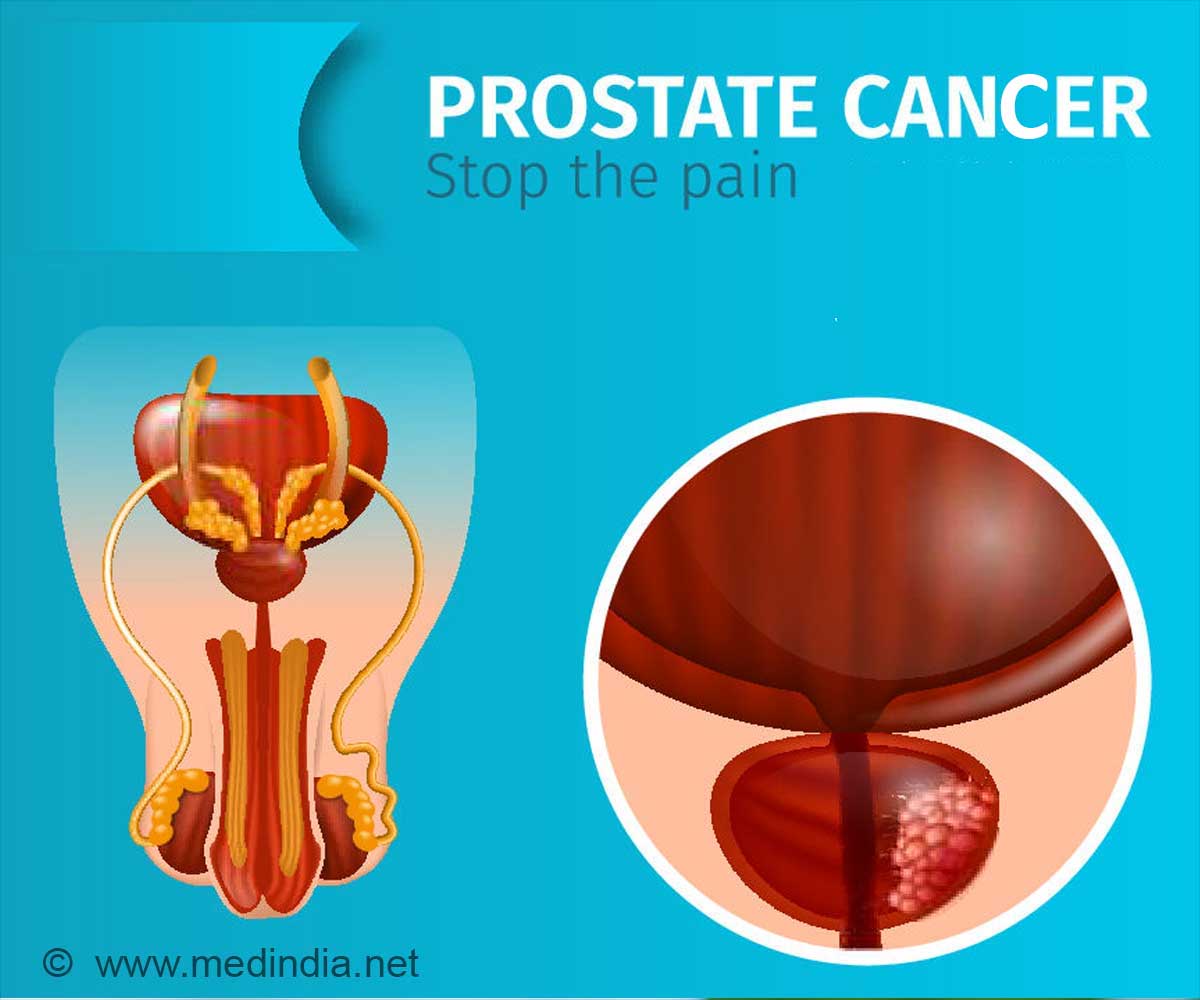Development of prediction models appear to be effective at predicting erectile function 2 years after prostate cancer treatment.

Mehrdad Alemozaffar, M.D., of Beth Israel Deaconess Medical Center and Harvard Medical School, Boston, and colleagues conducted a study to determine whether an individual man's sexual outcomes after the most common treatments for early-stage prostate cancer can be predicted accurately based on baseline characteristics and treatment plans. Information from an academic multicenter cohort (enrolled from 2003 through 2006), including pretreatment patient characteristics, sexual HRQOL, and treatment details, was used to develop models predicting erectile function 2 years after treatment. A community-based cohort (CaPSURE; enrolled 1995 through 2007) externally validated the performance of the model. Patients in U.S. academic and community-based practices whose HRQOL was measured pretreatment (n = 1,201) underwent follow-up after prostatectomy, external radiotherapy, or brachytherapy for prostate cancer. Sexual outcomes among men completing 2 years of follow-up (n = 1,027) were used to develop models predicting erectile function that were externally validated among 1,913 patients in a community-based cohort.
The researchers found that 2 years after treatment, 177 of 511 (35 percent) men who underwent prostatectomy reported the ability to attain functional erections suitable for intercourse; this corresponding figure was 37 percent (84 of 229) of men who had received external radiotherapy as their primary therapy; and 43 percent (107 of 247) of men who had received brachytherapy as primary treatment.
"Pretreatment sexual HRQOL score, age, serum prostate-specific antigen level, race/ethnicity, body mass index, and intended treatment details were associated with functional erections 2 years after treatment. Multivariable logistic regression models predicting erectile function estimated 2-year function probabilities from as low as 10 percent or less to as high as 70 percent or greater depending on the individual's pretreatment patient characteristics and treatment details. The models performed well in predicting erections in external validation among CaPSURE cohort patients," the authors write.
"We have developed clinically applicable models to predict recovery of erectile function following prostatectomy, external radiotherapy, or brachytherapy for early-stage prostate cancer based on pretreatment sexual function, patient characteristics, and specific plan of treatment. External validation of this predictive model in a community-based cohort suggests that these findings are generalizable and may help physicians and patients to set personalized expectations regarding prospects for erectile function in the years following primary treatment for prostate cancer," the researchers conclude.
Editorial: Helping Patients Make Better Personal Health Decisions
In an accompanying editorial, Michael J. Barry, M.D., of Massachusetts General Hospital, Boston, writes that routinely collecting objective measures of subjective phenomena from patients will need to become part of usual care rather than just research to optimize outcome prediction.
"More importantly, better ways of ensuring that patients are informed about their choices and invited to participate in making decisions need to be identified and disseminated. Outcomes data for all important options and outcomes need to be integrated in a useful synthesis for the broad spectrum of men facing this decision. A meta-analysis of randomized trials of patient decision aids to support a shared decision-making process for preference-sensitive conditions demonstrated better decision quality when these tools are used. For the most fateful decisions, coaches or navigators may be helpful and efficient as well."
"The promise of patient-centered outcomes research will be realized not only when high-quality outcomes data are available for all common medical problems but also when patients are routinely informed and invited to participate in their health care decisions. To achieve this promise, patients must increasingly be encouraged to adopt the position of 'no decision about me, without me.'"
Source-Eurekalert







![Prostate Specific Antigen [PSA] Prostate Specific Antigen [PSA]](https://www.medindia.net/images/common/patientinfo/120_100/prostate-specific-antigen.jpg)






